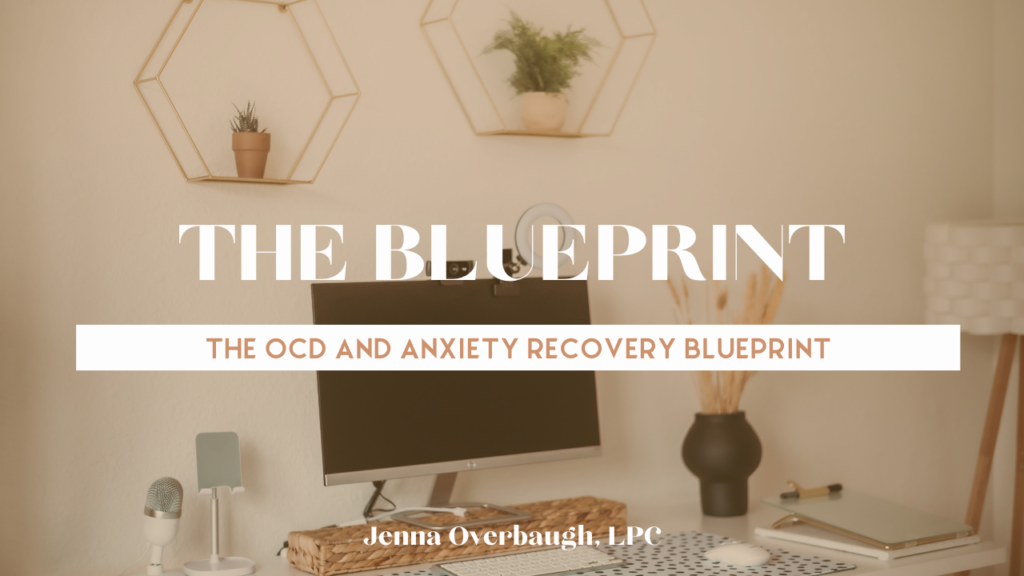Exploring Uncharted Territories: Unconventional Subtypes of OCD
October 31, 2023
Introduction
Obsessive-Compulsive Disorder (OCD) manifests in various forms, often well beyond the stereotypical handwashing or checking rituals. In this blog, we’ll venture into the lesser-known and unconventional subtypes of OCD. As a therapist specializing in evidence-based treatments like Exposure and Response Prevention (ERP) and Acceptance and Commitment Therapy (ACT), I’ll also share how these therapies can provide relief to those struggling with these unique OCD manifestations.
1. SOCD – Sexual Orientation OCD:
Understanding SOCD: SOCD is characterized by obsessions related to one’s sexual orientation. Individuals with SOCD may experience distressing doubts about their sexual identity, despite having no true doubts about their orientation.
Treatment Approach: ERP and ACT can help individuals with SOCD confront their intrusive thoughts without engaging in compulsions. These strategies emphasize acceptance of thoughts and feelings while focusing on values-based actions.
2. ROCD – Relationship OCD:
Understanding ROCD: ROCD revolves around obsessive doubts and anxiety about one’s relationships. Individuals with ROCD often question the authenticity of their feelings or their relationship quality.
Treatment Approach: ERP can involve exposure to relationship-related triggers, such as uncertainty about a partner’s love. ACT helps individuals clarify their values and act in alignment with them, reducing the impact of relationship-related obsessions.
3. POCD – Pedophilic OCD:
Understanding P-OCD: POCD involves obsessions or intrusive thoughts about harming children, even when one has no intention of acting on these thoughts. It’s a distressing subtype that can cause intense guilt and anxiety. It’s important to note that research shows that those who have these ego-dystonic, unwanted, intrusive thoughts are less likely than those in the average population to actually act on these thoughts.
Treatment Approach: ERP can help individuals confront their fears without seeking reassurance or engaging in avoidance behaviors. ACT assists in fostering acceptance of distressing thoughts while emphasizing personal values.
4. Scrupulosity OCD:
Understanding Scrupulosity OCD: Scrupulosity focuses on obsessions related to religion, morality, or ethics. Individuals with scrupulosity may experience intense guilt over perceived moral or religious transgressions.
Treatment Approach: ERP and ACT can help individuals challenge their irrational beliefs and reduce the compulsive behaviors associated with scrupulosity. These strategies encourage a more balanced perspective on morality and religion.
Conclusion
Unconventional subtypes of OCD can be incredibly distressing, but there is hope. With evidence-based therapies like ERP and ACT, individuals can gain control over their intrusive thoughts and compulsions, regardless of the subtype they are dealing with. If you or someone you know is struggling with an unconventional form of OCD, remember that seeking expert guidance is a crucial step toward understanding and managing these challenges. OCD is a complex disorder, and with the right guidance, recovery is possible.
Resources for Your OCD and Anxiety Recovery
To learn more about OCD and anxiety recovery strategies and resources, visit my website at www.jennaoverbaughlpc.com. Here you can find additional support and guidance.
Want more content like this? Check out some of my related podcasts and The OCD and Anxiety Recovery Blueprint below.

This post is for informational purposes only and may not be the best fit for you and your personal situation. The information and education provided here is not intended or implied to supplement or replace professional advice of your own professional mental health or medical treatment, advice, and/or diagnosis. Finally, make sure to check with your own physician or mental health professional before trying or implementing anything read here.
© 2023 Jenna Overbaugh, LLC
most popular episodes
Love my podcast?
Episode 112: Postpartum OCD and False Memory OCD
Imagine how in depth I can go in an online course. Instantly downloadable and game-changing. Take the next step towards an amazing life.